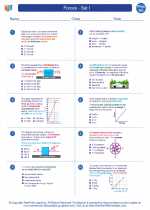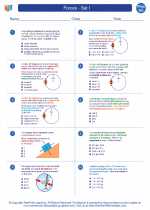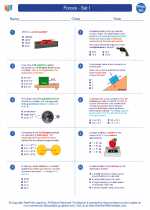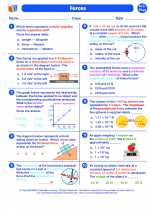Parasitoids: A Detailed Explanation
Parasitoids are a group of organisms that are ecologically important and have a unique life history strategy. They are typically small insects that lay their eggs inside or on the body of a host organism, which can be another insect, a spider, or even a parasitic wasp. The eggs then hatch into larvae, which feed and develop inside the host, eventually killing it.
Parasitoids are different from typical parasites in that they eventually kill their host, whereas parasites usually do not. This makes parasitoids important in controlling the population of their host organisms, and they are often used in biological pest control programs.
Life Cycle of Parasitoids
The life cycle of a parasitoid typically involves several stages:
- Adult Stage: The adult parasitoid seeks out a suitable host and lays its eggs on or inside the host.
- Egg Stage: The eggs hatch into larvae inside the host's body.
- Larval Stage: The larvae feed and grow inside the host, eventually killing it.
- Pupal Stage: Once the larvae have completed their development, they emerge from the host and pupate, often in a cocoon or protective structure.
- Adult Emergence: The adult parasitoids emerge from the pupal stage and the cycle begins again.
Study Guide for Parasitoids
If you're studying parasitoids, here are some key concepts and topics to focus on:
- Ecological Importance: Understand the ecological role of parasitoids in controlling the population of their host organisms and their impact on ecosystems.
- Life History Strategies: Explore the unique life history strategies of parasitoids, including their reproductive behavior and life cycle stages.
- Biological Pest Control: Learn about the use of parasitoids in biological pest control programs and their potential as an alternative to chemical pesticides.
- Diversity and Adaptations: Explore the diversity of parasitoid species and their adaptations to different host organisms and environments.
- Research and Applications: Investigate current research on parasitoids and their applications in agriculture, ecology, and conservation.
By understanding the role of parasitoids in ecosystems and their potential applications in pest management, you can gain valuable insights into the complex interactions between organisms and the natural world.
.◂Physics Worksheets and Study Guides High School. Forces - Set I

 Worksheet/Answer key
Worksheet/Answer key
 Worksheet/Answer key
Worksheet/Answer key
 Worksheet/Answer key
Worksheet/Answer key
